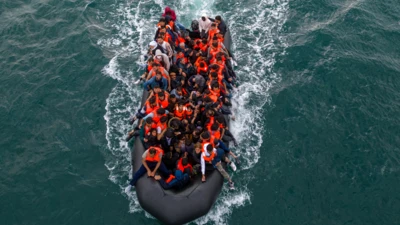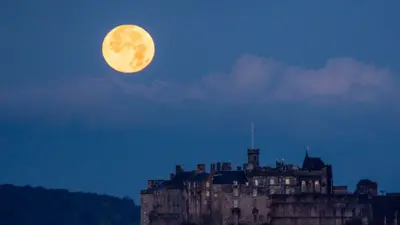We've updated our Privacy and Cookies Policy
We've made some important changes to our Privacy and Cookies Policy and we want you to know what this means for you and your data.
Russia’s (non) war on memes?
Image source, VK
- Author, ¬È∂π‘º≈ƒ Trending
- Role, What's popular and why
Despite what some have reported, Vladimir Putin did not actually "ban memes" earlier this week. So what actually happened?
Posting a meme on social media is supposed to be all fun and games, right? Not so in Russia. Events there last week led to headlines like and "Putin bans memes". But the truth is a bit more complicated.
The headlines came after Roskomnadzor (Russia's state internet regulator) posted a about the law on their page on popular Russian social network Vkontakte on 7 April. Far from banning all memes, as some reported, it actually had a meme on it. (For those who don't know, a meme is usually a digitally edited image with text - this one had a picture of the Morpheus character from the Matrix films, with the words "What If I Told You ... That You Are Fake").
So what was the post actually saying? It seems to have been a restatement of Russia's relatively restrictive laws when it comes to parodying public figures on social media. It included an reminder that the law prohibits "using a photo of a public figure to embody a popular internet meme which has nothing to do with the celebrity's personality."
Instead of an outright ban on memes, it was actually a recommendation or warning, says ¬È∂π‘º≈ƒ Monitoring's Olga Bugorkova, concerning memes that particularly damage a public figure's reputation. If an individual does post an offending meme, they would be asked to remove it or face a lawsuit. There were other restrictions outlined in the post - for example it's against the law to open a fake parody account of a public figure on social media. So certain types of memes and internet content are certainly restricted - but the post certainly wasn't banning memes.
Why were the authorities acting now? In the past few years, internet memes have become extremely popular on Russian social media, particularly on Vkontakte and Twitter. Russian memes were at first replicas of international internet memes (like "" or , "" and others). But these days users have become more active in creating and sharing their own, a trend fuelled by the Ukraine crisis, according to ¬È∂π‘º≈ƒ Monitoring.
The re-statement of the law came after a recent legal case. Lurkmore - an amateur website that publishes information about memes - posted a photo of a popular Russian singer, Valeriy Syutkin, which was deemed illegal. The photo was superimposed with an obscene phrase - "Smack the Bitch in the Face" - which a court declared violated the privacy of the singer. Syutkin is known for his romantic songs, but ended up becoming the face of the obscene meme which borrows a song lyric from another artist. The picture was used in Russian social media circles as an insult to settle arguments with women by glorifying violence against them - not something Syutkin wanted to be associated with.
So the law is at least partly a defamation law which allows people and companies to sue for damage to their reputation, which are on the books in various forms in many countries. Of course, that's not to say that it won't be used to restrict Russian celebrity memes that may be acceptable elsewhere. So is this the end of Vladimir Putin memes like the many we reported on when Russia was asking "Where is Putin" a month ago? Well, if you're in Russia and you do get creative with an image of the president, you could fall foul of the law - because Putin is a public figure - if you use words that aren't "to do with his personality."
Reporting by Ravin Sampat and Olga Bugorkova
You might also enjoy reading: The Indian women who are pledging to wear saris all year long
You can follow ¬È∂π‘º≈ƒ Trending on Twitter , and find us on . You can even - we've been nominated for a Webby Award.
Top Stories
More to explore
Most read
Content is not available








